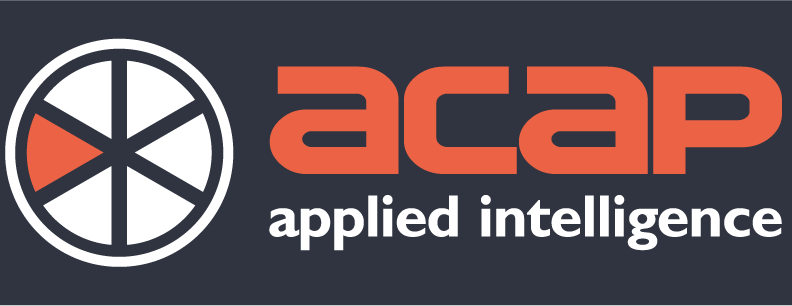ACAP Magento Solutions
Magento is an open-source web based ecommerce solution that’s written in PHP. It was developed by Varien, headquartered in California, with some help from volunteers. After the development of Magento in 2008, a new and improved Magento 2.0 was developed in 2015. According to Magento Consulting experts, Magento 2.0 is superior to Magento 1 in different ways including:
Being well organized and able to reduce the table locking issues
It also has an improvement in page caching
It has built-in rich snippets for development of structured data
It has enterprise-grade level of scalability
New structures for files that is easy to customize
CSS preprocessing with CSS URL Resolver and LESS
Better performance
Improved code base
The platform provides two highly differentiated platforms: Magento Open Source and Magento Commerce. Magento Commerce is available in on-premises version or as a PaaS (Platform-as-a-service).
For its operation, Magento makes use of MySQL and MariaDB relational DBMS, elements of Zend Framework, and PHP programming language. It also applies the conventions of the object-oriented programming as well as the model-view controller architecture. For data storage, Magento employs the entity-attribute value mode.
Magento 2 has these elements, as well as the Model-View-ViewModel pattern applies to the front-end code. It uses Javascript’s library Knockoit.js.
1. Magento Open Source
Previously called the Magento Community Edition, this is an open-source ecommerce platform used by developers to implement their core files and also to extend the functionality of the application. Extension involves the addition or new plugin modules that are provided by other developers.
Ever since the release of its first beta version in 2007, it’s been further developed and undergone customizations providing you with a basic ecommerce platform.
Magento Developers have come up with CE 1.9.2 and CE 2.2.0 which are the versions that support Magento activities.
2. Magento Commerce Platform
Released in April of 2016, this is a platform as a service. It runs mainly on Magento 2.
3. Magento Commerce (On-Premises)
It has more functions and features than Magento Open Source and it works best for large enterprises. It is not free and it needs a Magento ecommerce Consultant for technical support in all areas (usage, installation, configuration, as well as troubleshooting).
Market Share
The rapid growth of ecommerce globally has seen a rise in the use of Magento, an ecommerce software that is in competition with WooCommerce which is the dominant ecommerce software. Although research shows that the use of Magento reported a percent growth in past 6 months, compared to the 6 percent growth reported in the previous months, and that the number of Magento users decreased by 2.3 percent, reliable data from Magento, Alexa Data, and Datanyze, among other groups note that there exist between 240,000 and 250,000 Magento online stores supported by Magento ecommerce store software application.
Get in touch with ACAP for Magento consulting today.



